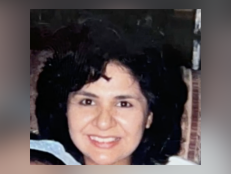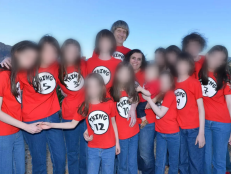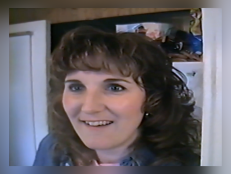Was The Death Of Army Private LaVena Johnson Murder Or Suicide?
“Our LaVena would never do this to herself,” Linda Johnson insists of her daughter. “Someone did this. Someone took her from us.”
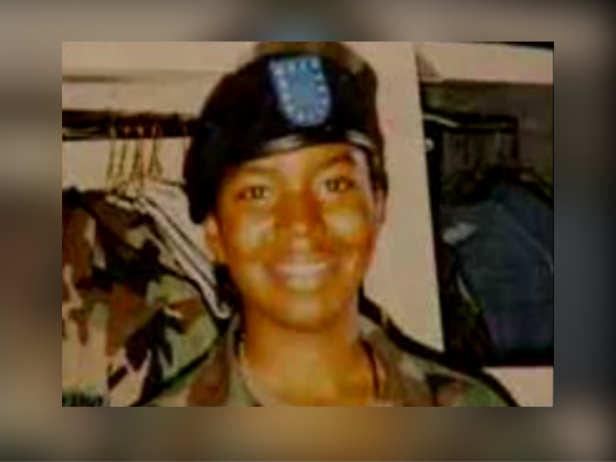
LaVena Johnson Family
A 19-year-old soldier from Missouri died days before her birthday while serving in the Middle East, and her family disputes an official investigation that determined her death was a suicide.
On July 19, 2005, Private LaVena Lynn Johnson was found dead from a fatal gunshot wound in Balad, Iraq, where she was stationed with the Army.
LaVena’s father, John Johnson, recalled how he and his wife, Linda, learned the tragic news around 7 a.m. that morning.
“Linda got up and looked out the window and she said, ‘John, there’s a soldier standing on the porch,’” he said, St. Louis Public Radio reported. “I knew then … it was not good news. Something has happened to LaVena.”
After a monthslong investigation into the teenager’s death, the U.S. Army Criminal Investigation Command concluded in a report that the soldier used her M-16 rifle to shoot herself in the mouth inside a contractor’s tent.
Witnesses told special agents that LaVena may have gone through a breakup and was depressed when she allegedly took her own life.
The Johnsons, however, pointed out that just two days earlier, LaVena talked with them and was excited she would be home for Christmas since she and her battalion were to return to the States within months.
“She told us not to decorate the tree until she got home,” Linda told Dateline. “We said we’d wait for her, of course. She was so happy to be coming home.”
The soldier’s grieving father eventually launched his own investigation into what happened. He pored over photographs, witness statements, documents, and other evidence linked to the case.
John contended his daughter’s arms were too short to have pulled the trigger on her rifle in order to shoot herself in the mouth. And he believed that an M-16 rifle should have left a bigger wound than what appeared in crime scene photos, which, he said, also showed she appeared to have been beaten.
According to John, the bullet that killed LaVena was never found and she left no suicide note.
The Johnsons had LaVena’s body exhumed in 2007, but the results of an independent autopsy were inconclusive.
“She was looking forward to her future, looking forward to coming home, and looking forward to having another job,” John said of the former high school honor student who enlisted in the Army so she could pay her own way through college.
“When you come and tell me my 19-year-old daughter didn’t value life and that’s all she did, she valued all life,” he said.
According to St. Louis Public Radio, John believed his daughter may have been raped and murdered as part of a coverup. NPR reported that images John received of his daughter's body show abrasions to the face, burns, a broken nose, and signs of sexual abuse.
“She would never do this,” Linda told Dateline. “Our LaVena would never do this to herself. Someone did this. Someone took her from us.”
In a statement, Christopher Grey, Chief of Public Affairs for the Criminal Investigation Command, reiterated that an official investigation determined LaVena’s death was “a tragic suicide.”
“Our lengthy and very thorough investigation by highly-trained Special Agents is based in fact; testimonial evidence, physical evidence, and forensic evidence,” Grey said. “The independent autopsy findings by the Armed Forces Medical Examiner's Office came to the same conclusion. Tragically, there are many misrepresentations of the facts being circulated on the internet that are false and unsubstantiated.’’
However, Grey noted, Army officials would reopen the investigation if credible new evidence concerning LaVena ever surfaces.
The Cold Case Investigative Research Institute, an independent group made up of over 5,000 students and 600 forensic professionals that take in-depth looks into unsolved crimes for families and law enforcement, spent three years looking into LaVena’s death at the Johnsons’ request. In 2014, the group ultimately concurred with the Army’s findings.
“There was nothing about this case that we could go back to the Army to say you need to re-look at it,’’ said the group’s founder, Sheryl McCollum. “We didn’t have anything new. We didn’t have anything that suggested wrongdoing. I wish I could call that family with something different.”
Still, LaVena’s father is standing by his conviction that his daughter didn’t kill herself.
“They plucked out part of my heart,’’ he says of the Army. “I can’t get it back. But I’m going to fight until I get justice for her. We’re just going to keep doing what we can to keep our story alive.”
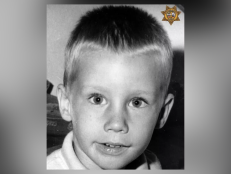

![Diamond Bradley age-progressed to 23 years old [left] and Tionda Bradley age-progressed to 30 years old [right].](http://investigationdiscovery.sndimg.com/content/dam/images/investigationdiscovery/crimefeed/legacy/2022/06/ncmec-diamond-tionda-bradley-06092022.png.rend.hgtvcom.231.174.suffix/1654809053632.png)

